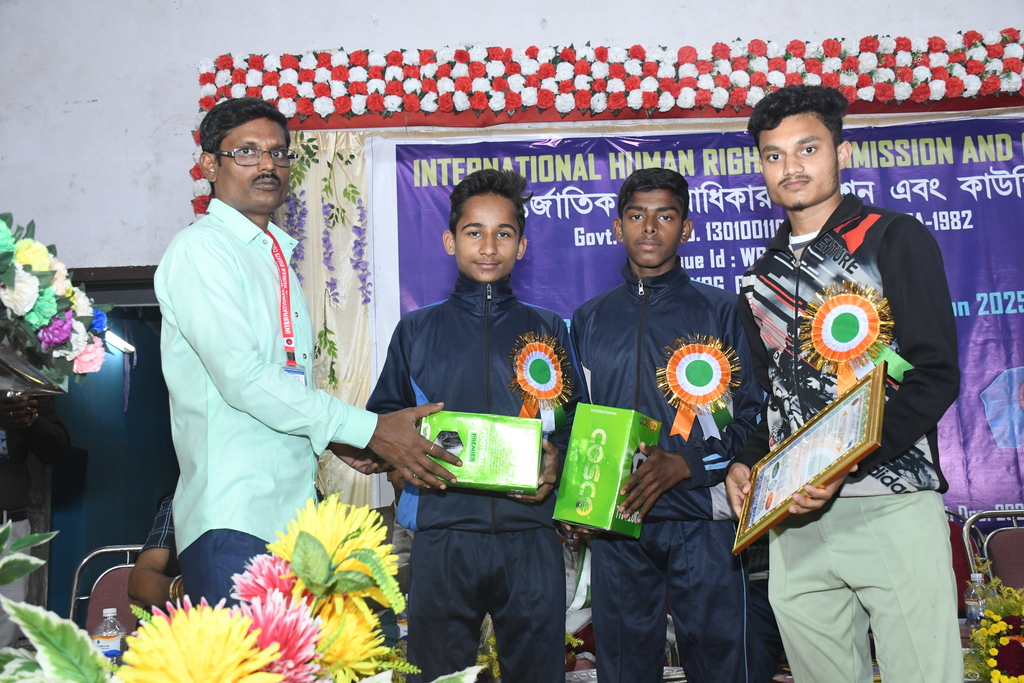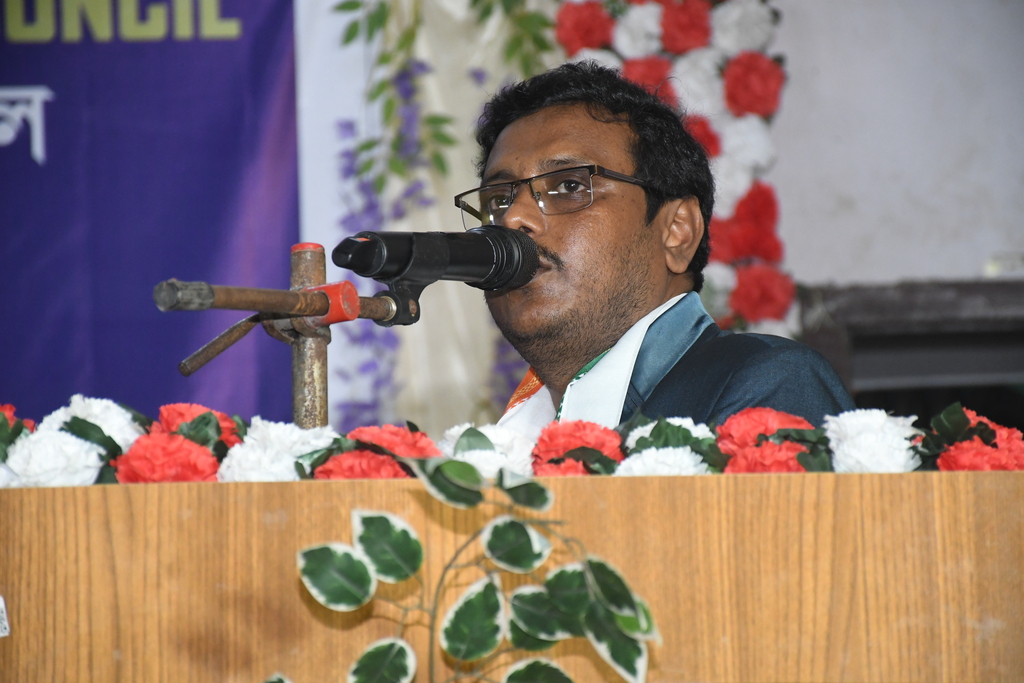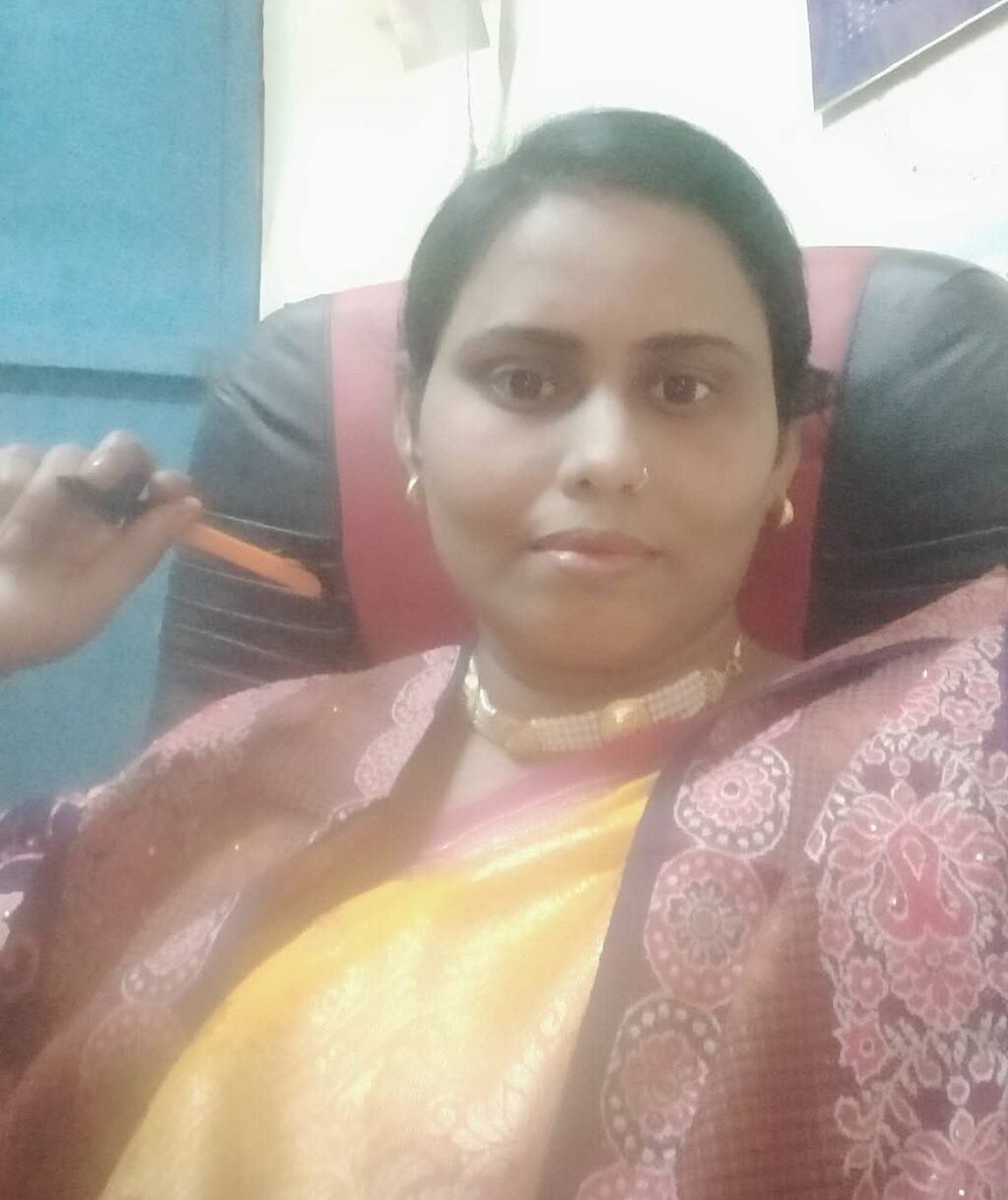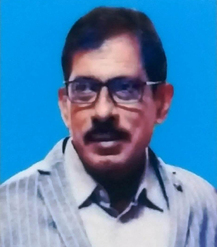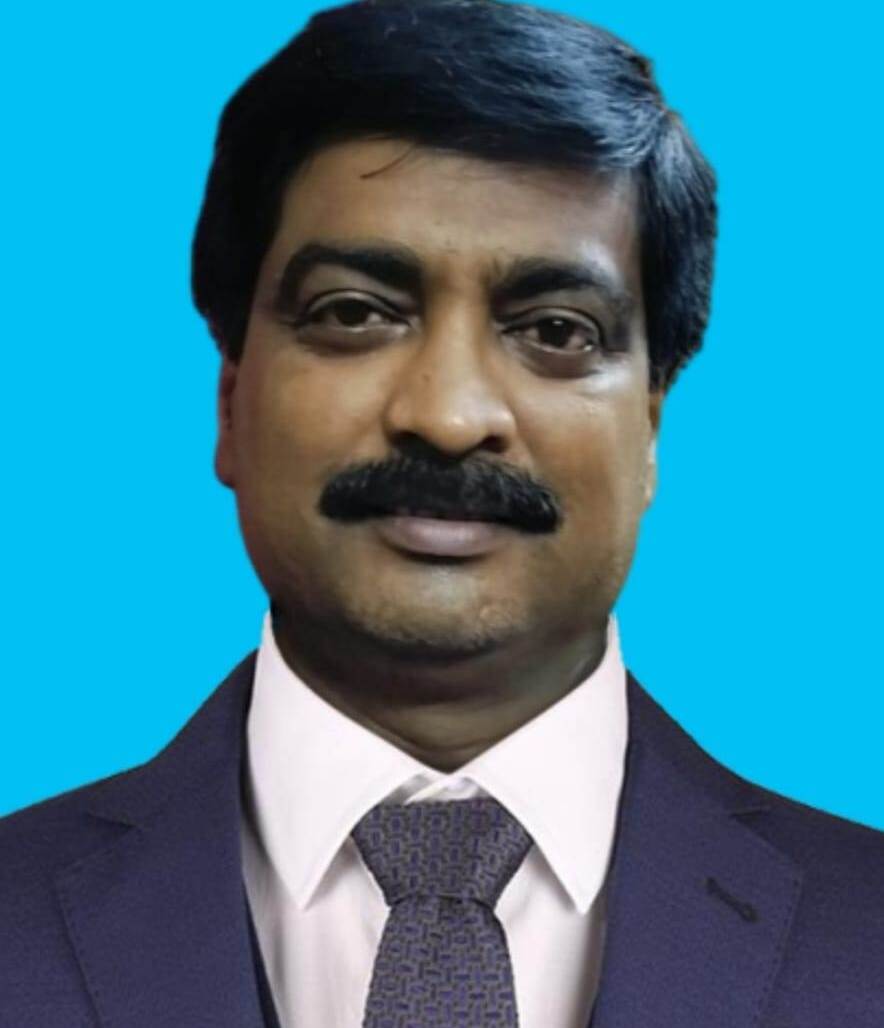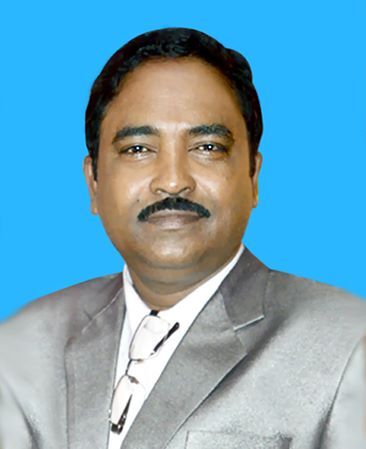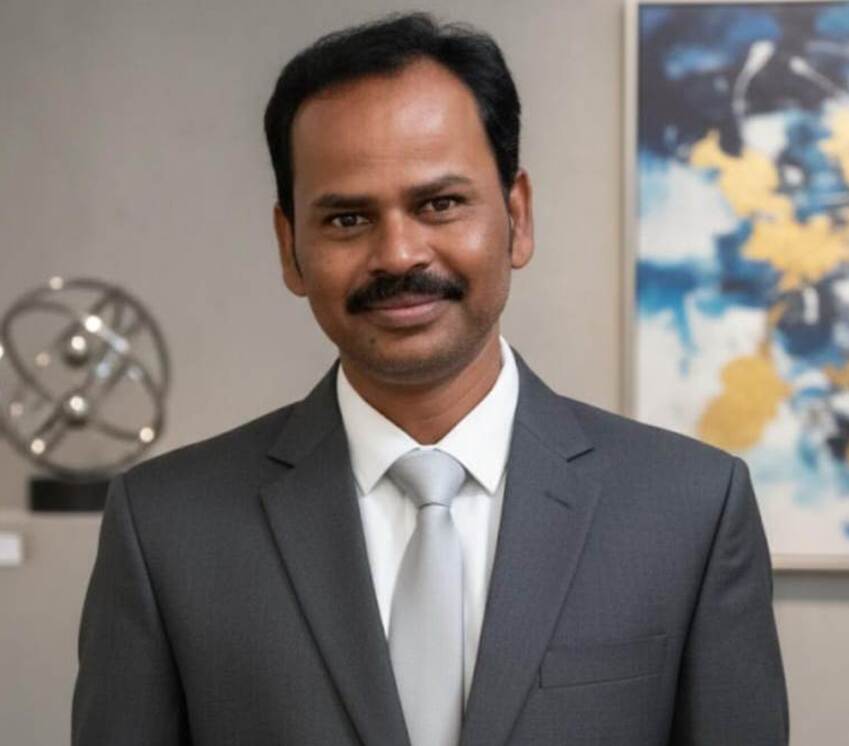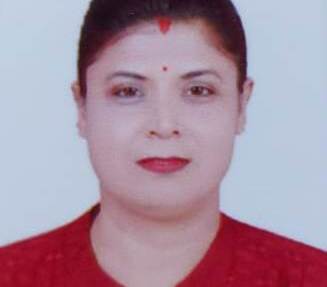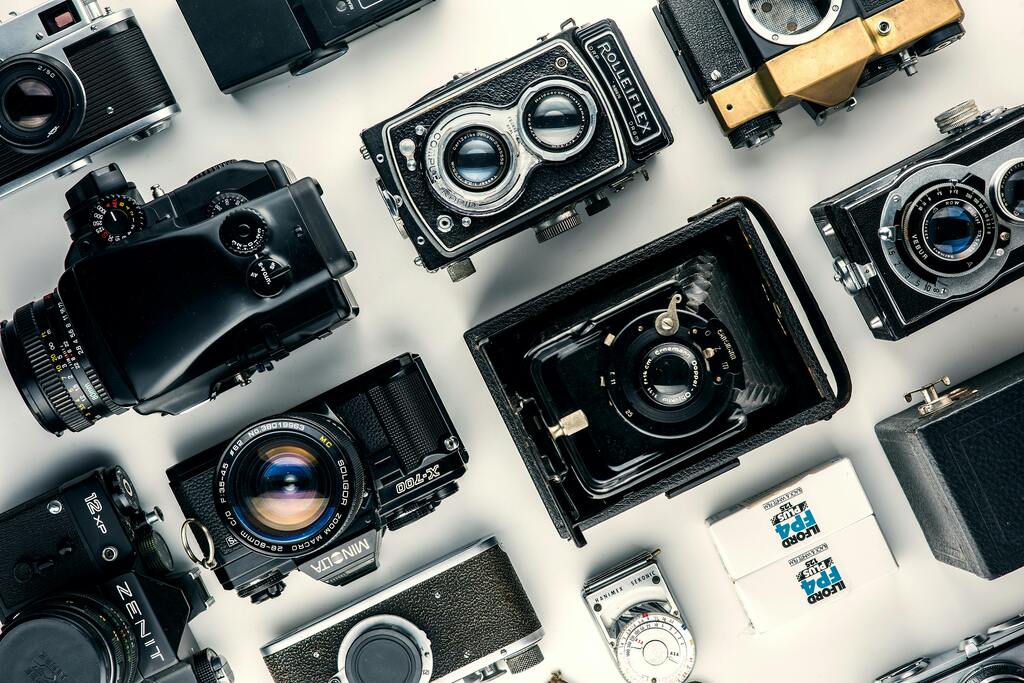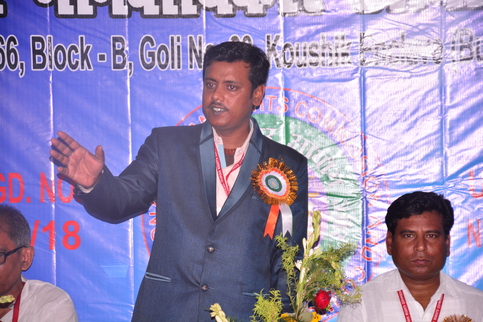The International Human Rights Commission and Council has given a voice to those who have been unheard and unnoticed. Their relentless efforts in advocating for human rights have transformed lives around the world. I am proud to support their cause! We're not just a team; we're a movement. Thank you for everything! If you want to see real change, this is where to go! The best organization in the field of human rights! We cannot do this without you! Let's continue this fight together! Together we can! Everyone deserves a voice! Let's amplify them! Keep it up! All lives matter! Don't let anyone say otherwise! Believe in justice! Believe in us! Believe in a better future! We're in this together! We will prevail! We must support each other! The coalition is strong! Every person counts! Every donation matters! Help us continue this fight! We're all humanity, and we must fight for it! Love from our team to yours! It's going to be alright! Believe and act! That’s the way forward! Thank you for everything! Keep fighting! There's no stopping a movement! We're growing, one voice at a time! Help us change more lives! The future is brighter with your help! Wow! Never seen a movement grow this fast! Keep up the good work! Below are some pictures of our supporters! Paradigms are shifting! Thanks! You're all amazing! Please reach out if you want us to represent you! We’re ready! There is no time to lose! We're your voice! We've got your back! Justice must prevail! Various people, varied backgrounds, united for one common goal.
